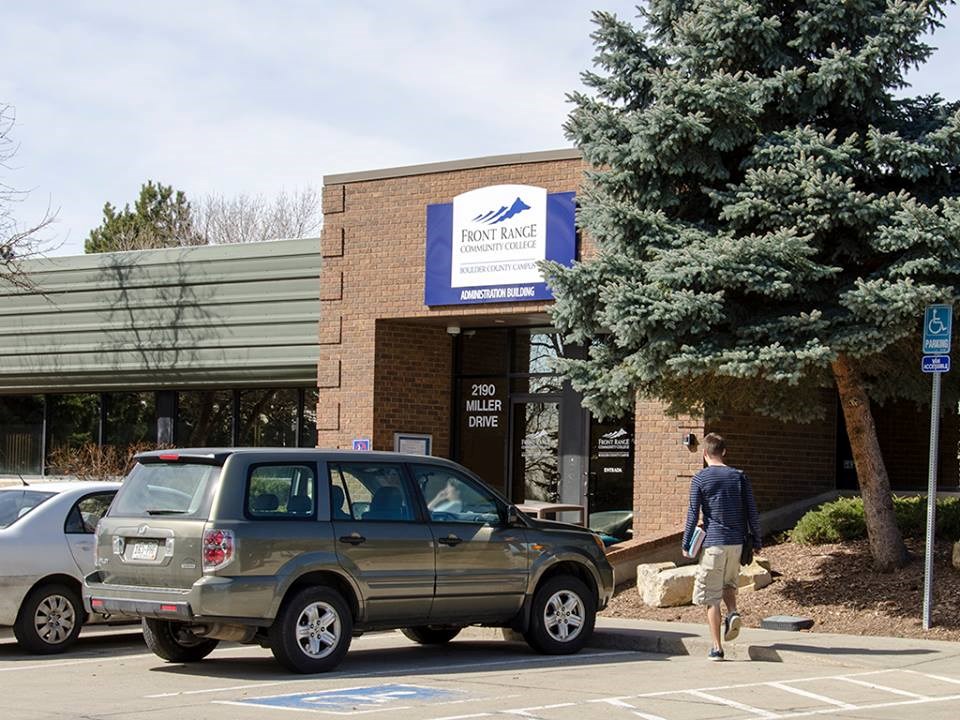A new program to help students with disadvantaged backgrounds is starting at Front Range Community College’s campus in Longmont, thanks to two federal grants from the U.S. Department of Education.
The two five-year grants — $1.3 million each — will start a TRIO program at the Boulder County campus and help continue FRCC’s existing program at the college’s Westminster campus.
The TRIO program helps college students from low-income families as well as first-generation college students and those with disabilities, according to school officials.
“Having worked for and supervised TRIO programs at multiple institutions, I can definitively state that TRIO works,” Elena Sandoval-Lucero, FRCC vice president, stated in a blog post. “I am so excited that students at FRCC’s Boulder County Campus will have the opportunity to participate in this extremely effective program.”
TRIO alumna Rebecca Chavez is the new director of student support services at FRCC’s Boulder County Campus and will oversee its TRIO offerings. Chavez will transition to her new position after serving for 12 years as the campus’ director of admissions and outreach.
“Rebecca’s unwavering commitment to first generation, low-income and marginalized students make her perfect fit for this position,” Carla Stein, dean of student affairs, stated in the blog post.
FRCC’s existing TRIO programs have proved effective in helping students navigate and succeed in the complex and unfamiliar environment of higher education, according to school officials.
In 2018-2019, 98% of the Westminster campus’ TRIO students completed the year in good academic standing. Before the program began in 2015, only 49% of TRIO-eligible students would return for another year of college, officials said.
For students who used TRIO services in 2018-2019, that year-to-year persistence rate rose to 89%.
The grants help fund academic tutoring, financial aid advice, career and college mentoring and help in choosing courses, officials said.



